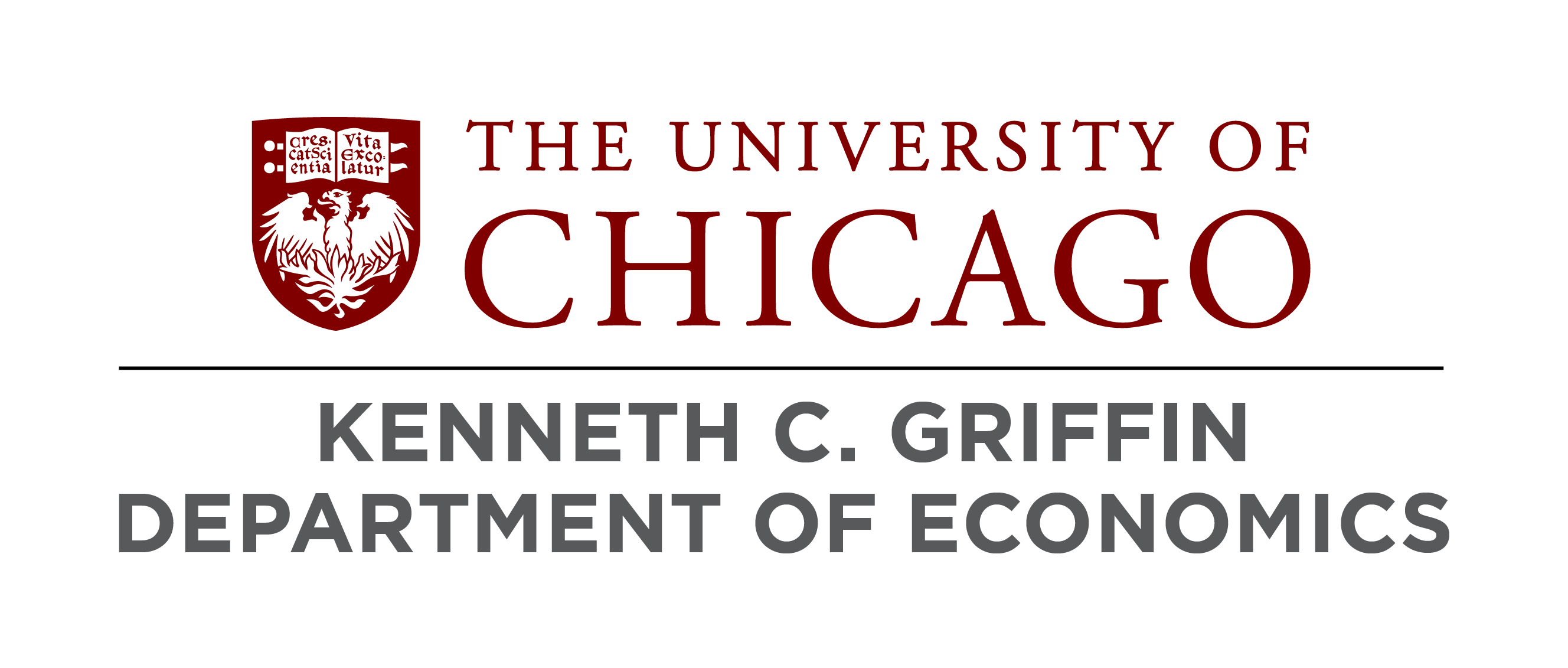USING FIELD EXPERIMENTS TO SAVE FUEL AND MONEY: VIRGIN AIRLINES NAMED A 2018 SUSTAINABILITY LEADER (2018)
PUBLISHED ON JAN 28, 2018
Using field experiments developed by the team of John List and Robert Metcalfe at the University of Chicago, and Greer Gosnell at the London School of Economics, Virgin Atlantic Airlines created a new behavioral change approach to delivering fuel and carbon efficiency information to its pilots. Over an eight month intervention period, the company was able to reduce consumption by more than 6,800 metric tonnes of fuel and 21,500 metric tonnes of CO2, as well as (GBP) £3,309,489 in economic savings. For their success in reducing carbon emissions, the airline was named a 2018 EDIE Sustainability Leader in the Employee Engagement and Sustainability Award category: "The experiment involved a huge volume of data - more than 40,000 unique flights and 110,000 captain-level behavioural observations were analysed using econometric methods that looked at a number of variables, such as weather and aircraft flown. For the project, pilots were split randomly into four groups. The first group carried on with a business-as-usual approach, while the other three groups were sent monthly information on three sets of behaviours: take-off, in the air and upon arrival, along with personalised feedback about their fuel efficiency practices." Read the results of the team's study in their NBER Working Paper, "A New Approach to an Age-Old Problem: Solving Externalities by Incenting Workers Directly."
 THE UNIVERSITY OF CHICAGO
THE UNIVERSITY OF CHICAGO

